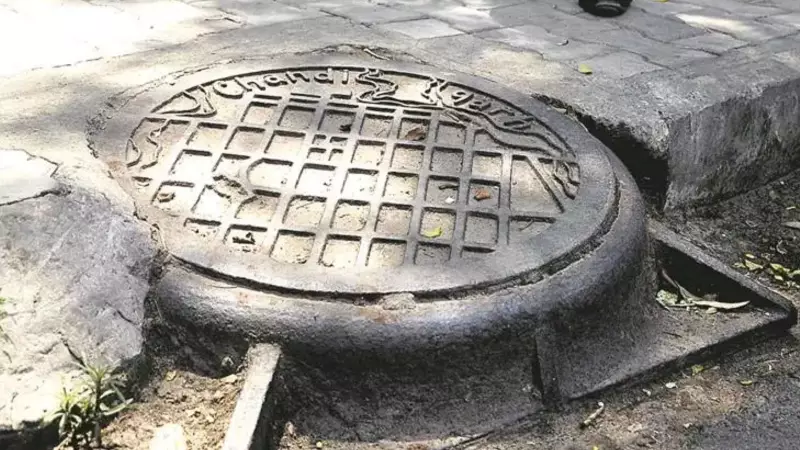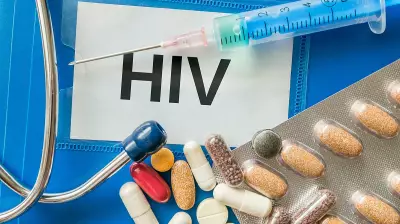
In a devastating incident that has shocked the capital, two young brothers lost their lives after inhaling toxic fumes while cleaning a septic tank in northeast Delhi's Shahdara area. The tragedy unfolded on Tuesday evening in Welcome Colony, exposing the continuing dangers faced by workers in such hazardous conditions.
The victims, identified as 22-year-old Sahil and his 18-year-old brother Sohail, were working at a house in Gali number 18 when the catastrophe occurred. According to police reports, Sahil initially entered the septic tank and immediately collapsed due to the toxic atmosphere. Witnessing his brother's distress, Sohail rushed to rescue him, only to succumb to the same deadly gases.
Emergency Response and Rescue Efforts
Local residents quickly alerted emergency services, and both brothers were rushed to Guru Teg Bahadur Hospital. Despite medical efforts, doctors declared them brought dead upon arrival. The police have initiated an investigation into the circumstances surrounding this preventable tragedy.
Deputy Commissioner of Police (northeast) Joy Tirkey confirmed that a case has been registered and authorities are examining whether proper safety protocols were followed. The incident has raised serious questions about the implementation of safety measures for workers handling such dangerous tasks.
Ongoing Safety Concerns
This incident highlights the persistent risks associated with manual cleaning of septic tanks and sewers across India. Despite laws prohibiting such hazardous practices, similar tragedies continue to occur with alarming frequency.
The brothers, residents of the same locality, were reportedly undertaking this work as part of their livelihood. The community has been left mourning the loss of two young lives, with family and neighbors demanding stricter enforcement of safety regulations.
As investigations continue, this tragedy serves as a grim reminder of the urgent need for better protective measures and mechanized alternatives to prevent such needless loss of life in the future.






